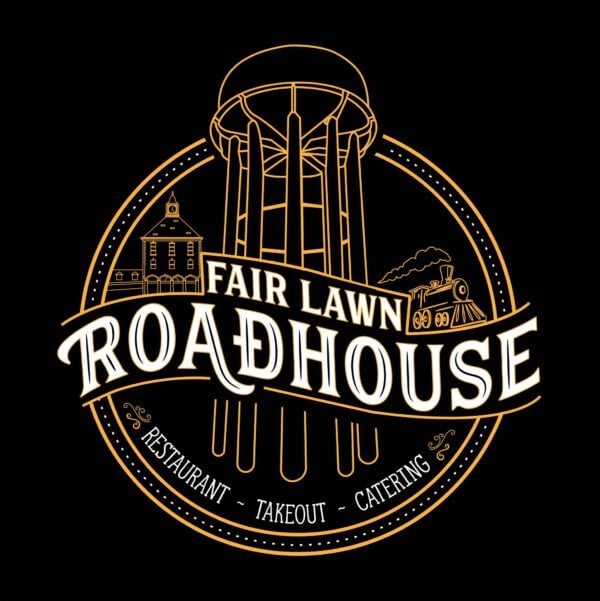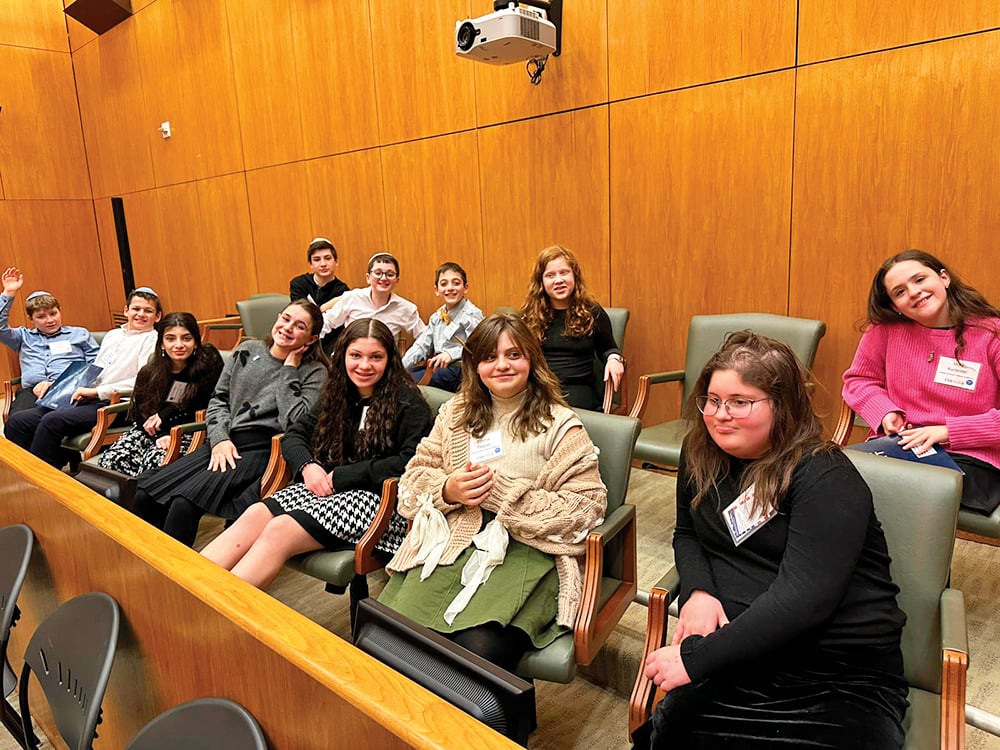

Smooth. Aromatic. Rich. Decadent. Food of the Gods. These are just some of the adjectives used to describe one of the world’s – and Jews’ – favorite foods. Chocolate. And while chocolate is now enjoyed throughout the world, its cultivation began circa 1500 B.C.E in what is now Mexico by the Olmec, which was the earliest known Mesoamerican civilization. Its cultivation then spread further to Central and South America and was consumed as a bitter beverage called “xocoatl.”
In the early 1500s, Spanish explorer Hernando Cortes was introduced to chocolate by the Aztecs and upon its arrival in Europe, chocolate was reserved for the nobility and the wealthy. Its method of preparation was kept secret from the greater population, but with the Inquisition and Jews’ expulsion from Spain and Portugal, this secret was carried to other lands including France, South America, Amsterdam and the Caribbean, by Jews who had served European nobles and elites.
One of the first people to cultivate and process chocolate was Benjamin d’Acosta d’Andrade, a Portuguese Converso who returned to Judaism upon his arrival in Brazil. He later moved to Martinique in 1654, where he modernized the processing of cacao and was instrumental in growing the chocolate trade, which by then was heavily dominated by Jews. Meanwhile, the Jews of Amsterdam were purchasing cacao from Curacao and establishing the chocolate industry in their adopted city.
Some of the Jews who fled the Inquisition settled in Saint Esprit, a suburb of Bayonne, France. While they were not allowed to live in Bayonne proper, they quickly set up chocolate exporting and processing businesses in the city, establishing Bayonne as the chocolate capital of France and effectively making chocolate the ubiquitous confection of the country that it is today. However, by the 1700s, Jews were restricted from working in the business by the local Chocolate Guild, as they did not want competition for the Christians in the same trade. There are no Jewish chocolate makers left in Bayonne today, though the city celebrates Jews’ preeminent role in the creation of the industry.
In addition to the Jews of Bayonne, we can be grateful to Aaron Lopez (another Portuguese Converso), who in 1752 was the first Jew to be naturalized in the British colony of Massachusetts, for bringing chocolate to our shores. Through his varied commercial ventures, he became one of the wealthiest businessmen in the colonies.
There exists much documentation regarding the importing, exporting and trade of cacao between Jewish merchants, some of whom were related to each other. Sephardic names such as Joseph Tores Nunes, Isaac Pinhiero, Abraham de Lucena, Mordecai Gomez and many others appear frequently in shipping inventories, account books, and publications related to the chocolate trade. Having this network of co-religionists provided a modicum of security in times of great upheaval and uncertainty for the Jews.
While these predominantly Sephardic Jewish families were building their chocolate businesses, they were also establishing Jewish communities and were involved in many philanthropic endeavors. Among the household records of these early American merchants, are ‘Tzedaka’ receipts for various donations.
Over time, Jews continued to be involved in the manufacture and sale of chocolate as the industry continued to grow and modernize.
Many of today’s well-known brands were founded by Jews fleeing the Nazi’s rise to power in Europe.
In 1933, Eliahu Promchenko who had established a successful chocolate company in Latvia, moved to Israel and brought all his equipment and expertise with him, creating the Elite brand of chocolates and sweets.
In 1938, Viennese chocolatier Stephen Klein came to New York and founded Barton’s, the chocolate we all grew up with at our Pesach seder table.
Today’s Jewish chocolate scene is just as diverse and fascinating as ever, with premier chocolatiers crafting their own unique styles in Israel, the United States, and Europe.
So next time you sink your teeth into your favorite chocolate treat, send up a ‘thank you’ to your ancestors who enabled all of us to enjoy this little bite of heaven.
Miriam Gitelman is the Chef and Owner of Coco Jolie Fine Chocolates & Confections in Englewood, NJ.













